Remembering Dr. William E. Cross
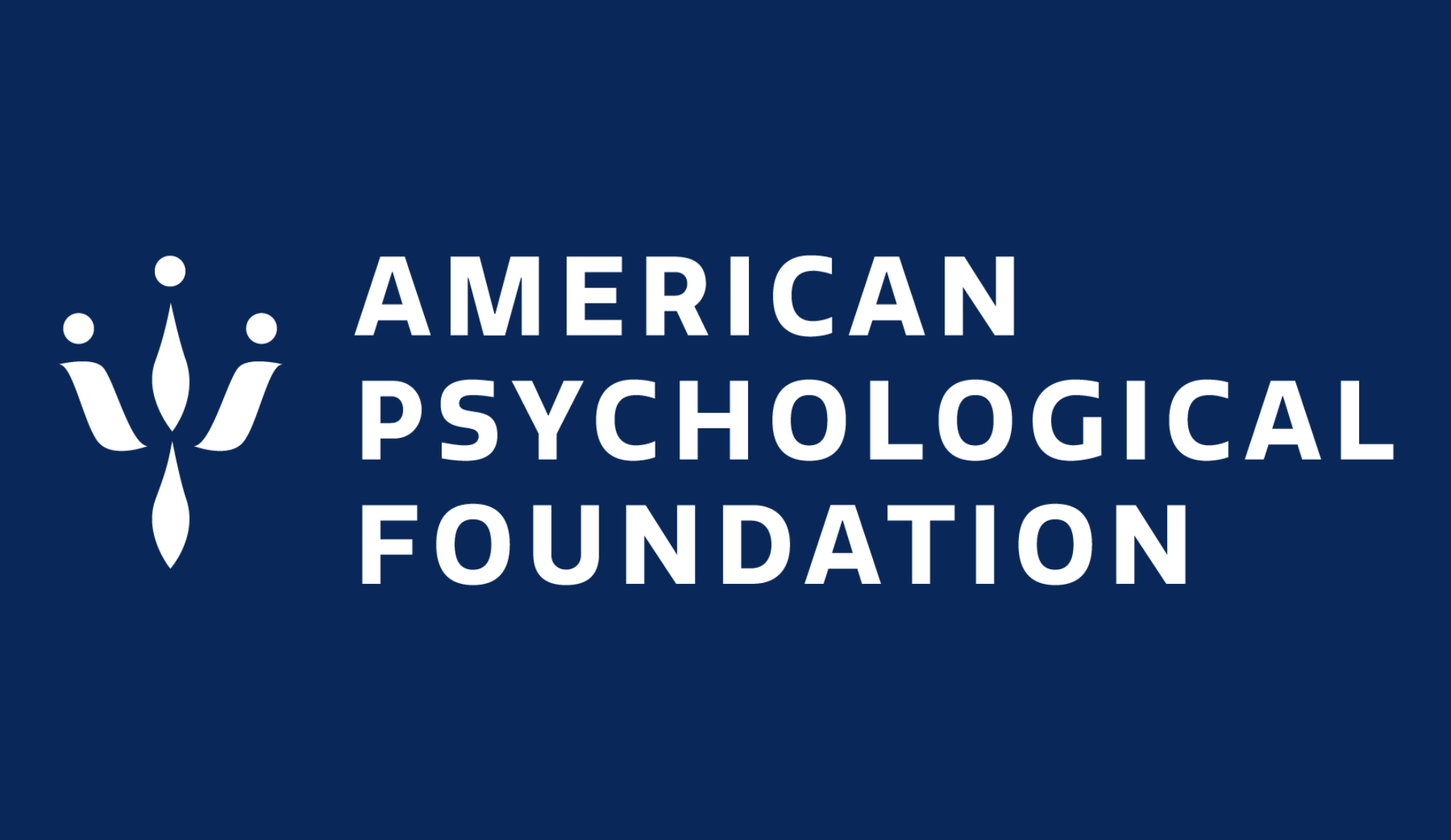
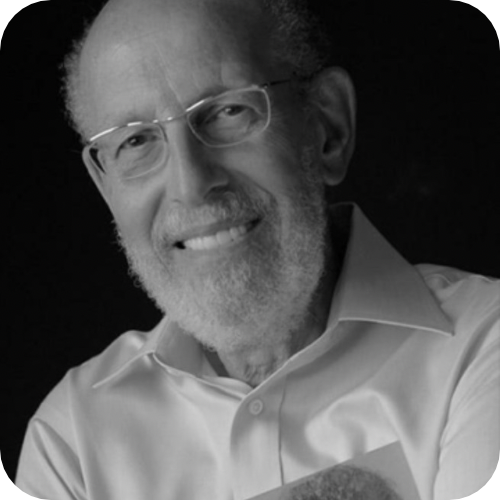
It is with great sorrow and appreciation that APF honors the memory of William E. Cross Jr., PhD.
Dr. William Cross received the 2020 APF Gold Medal Award for Life Achievement in the Applications of Psychology. He was recognized as a leading contributor to the discourse on African American identity development; his identity model has found application across a number of ethnic-racial identity communities. The same can be said of the way he investigated how members of stigmatized groups enact identity in everyday life. In his text Black Identity Viewed from a Barber’s Chair, he combined historical and psychological sources to show that during slavery, Blacks developed a positive ecology for infant and child development that helps to account for the extraordinary interpersonal competence many freed men and women exhibited after Emancipation.
APF President Dr. Melba Vasquez had the following to say: “Bill’s pioneering work has been vital. His passing is a tremendous loss not only for the field, but for all those who had the benefit of experiencing his kind, gentle, and open presence. We send our deepest condolences to all those impacted by the passing of such a titan, and particularly his family, to whom he was so much more than only his incredible accomplishments.”
Dr. Cross joined APF for a Fireside Chat to discuss his work with APF Trustee Dr. Tony Jackson. The recording is available below and at this link.
Topics: Gold Medal
Discover More
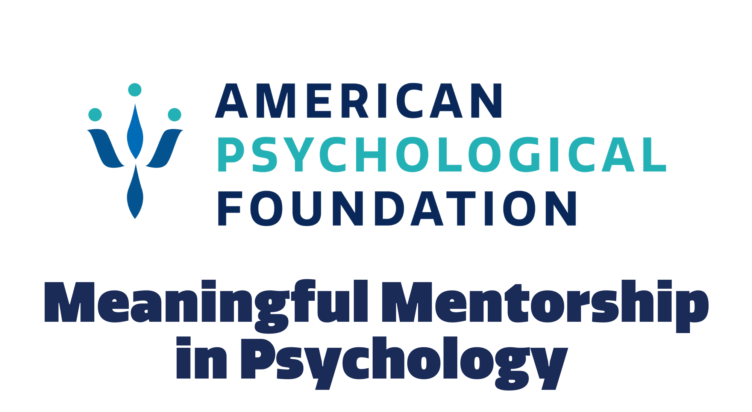
Meaningful Mentorship in Psychology with APF’s Early Career Psychologist (ECP) Committee Chairs
January is National Mentoring Month, and at APF, we know that mentorship is essential in shaping the next generation of researchers and psychologists. Supporting students …
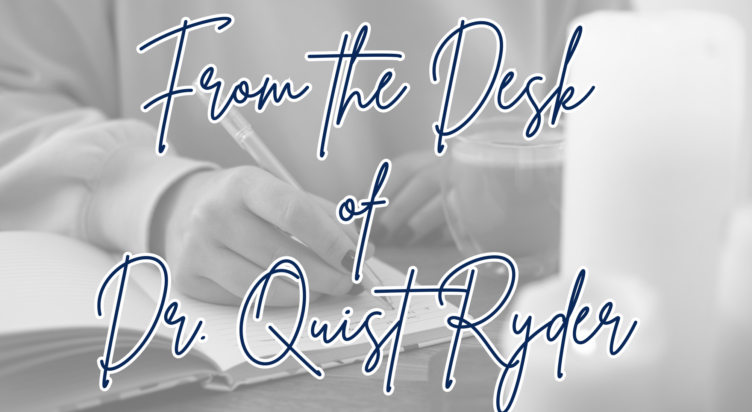
APF’s 2025 in Review: Moving Psychology Forward
From the Desk of Dr. Quist Ryder is a space for APF’s CEO to share insights and observations on APF initiatives, the state of psychology, …
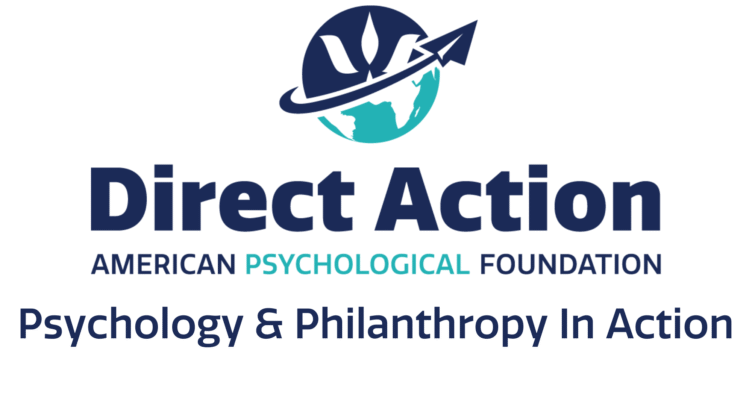
Psychology & Philanthropy In Action with Dr. Kiara Álvarez
At APF, we’re bringing together the shared power of psychology and philanthropy to create a world where people are healthy, happy, and living with dignity. …
